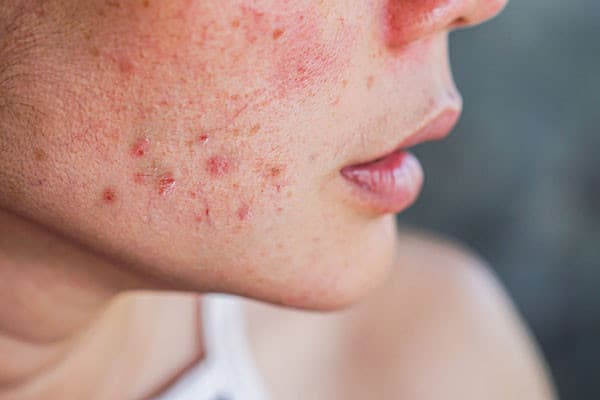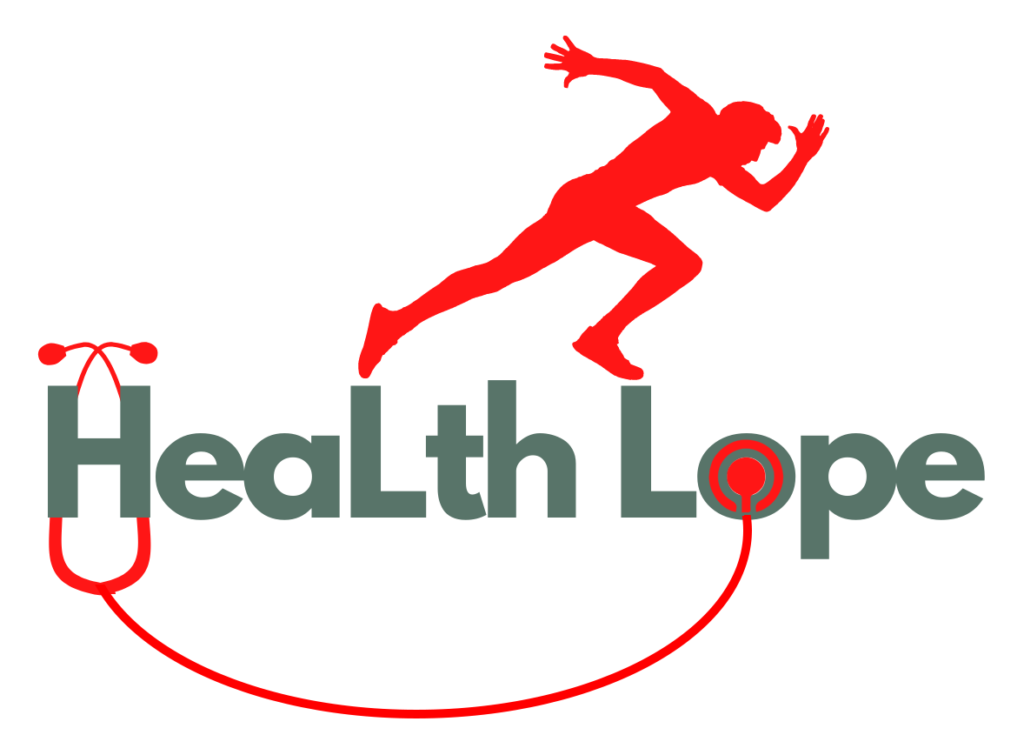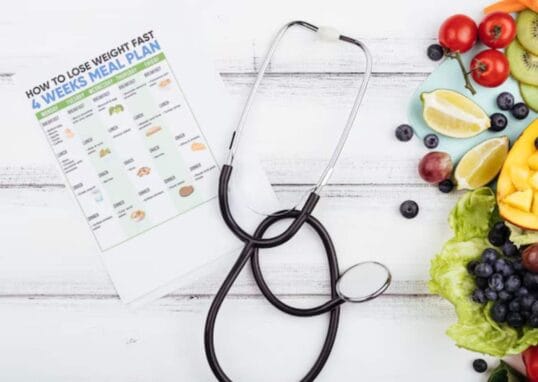
Struggling with hormonal imbalances? A PCOS diet chart would work for you. A common issue for women of childbearing age is PCOS. Women with PCOS might not ovulate, exhibit elevated testosterone levels, and have numerous small cysts on their ovaries The type of PCOS treatment a woman receives may depend on whether she plans to conceive, with a balanced PCOS diet chart effectively managing symptoms. Women hoping to get pregnant may take different medications alongside their PCOS diet chart followings.
What is PCOS?
PCOS is a condition characterized by ovaries producing excess androgens, typically found in women in small quantities. The term refers to the ovaries developing numerous small cysts (fluid-filled sacs). However, not all women with PCOS develop cysts, and some women without the condition do.
Women with PCOS are more prone to several major health issues, leading to questions like how to treat PCOS diet chart for weight loss. Type 2 diabetes, high blood pressure, heart and blood vessel issues, and uterine cancer are common concerns. Women with PCOS often face fertility challenges. While medication is a common part of PCOS treatment, it doesn’t cure the condition. However, it can help manage symptoms and health issues, especially when combined with the best diet for PCOS weight loss.
Symptoms of PCOS

PCOS symptoms could include:
- Enlarged ovaries or ovaries with multiple cysts
- Overgrown body hair, especially on the back, stomach, and chest (hirsutism)
- Missed periods, irregular or very light menstrual cycles
- Weight gain, particularly around the abdomen
- Oily skin or acne
- Male-pattern baldness or thinning hair
- Infertility
- Small skin tags around the neck or underarms
- Thick or dark skin patches behind the breasts, in the armpits, and on the neck
The visible signs of PCOS, such as weight gain, hair growth, and acne, can be challenging for some women. Cosmetic treatments like electrolysis and laser hair removal might boost your confidence. To find the best ways to treat your symptoms, consult your healthcare professional.
Shedding Pounds with PCOS Diet Chart
Losing weight with a diet chart for Pcos patients can be challenging, but with the right knowledge and support, it’s achievable. Here are some tips to aid weight loss by following the best diet plan for PCOS.

PCOS Diet Chart for Weight Loss:
- Try a Low-Carb Diet
- Increase your protein intake.
- Eat After Exercise
- Helps your body utilize nutrients effectively.
- Consume High-Fiber Foods
- Keeps you fuller for longer with fewer calories. Unlike sugary carbs, complex, high-fiber carbohydrates won’t spike your blood sugar or increase appetite.
- Include Healthy Fats
- Helps you feel full, especially when reducing carbohydrate intake. This is crucial for the best diet for PCOS weight loss.
- Introduce Beneficial Bacteria
- Women with PCOS may have fewer beneficial gut bacteria than those without the disorder. Adding more beneficial bacteria to your system can be beneficial.
The Basics of a PCOS Diet Chart: Should Never Be Ignored

Eat a Balanced PCOS Diet
PCOS affects not only a woman’s ovaries but also other parts of her body and life. Therefore, maintaining overall health while managing the symptoms relies on following a balanced diet chart for PCOS weight loss.
Follow a Regular Meal Times and Well-managed Routine
Skipping meals can lead to overeating. This adds stress to your body, worsening blood sugar and cortisol issues and exacerbating PCOS symptoms. To keep hormone levels and blood sugar stable throughout the day, it is generally recommended to eat every 3-5 hours while following the recommended diet plan for PCOS.
Include Nutrient-Rich Foods High in Vitamins and Minerals
Protein and carbohydrates both impact your hormone and energy levels and should be part of your diet for PCOS. Consuming protein encourages your body to produce more insulin. High-carb, natural diets can enhance insulin sensitivity. Focus on consuming adequate healthy protein rather than following a low-carb diet. Nuts, legumes, and whole grains are excellent sources of plant-based protein.
When creating a PCOS and thyroid diet chart, consider incorporating these nutrient-rich foods to support overall health and hormone balance.
Optimizing Your PCOS Diet Chart: Essential Foods to Include
Here is a diet chart for PCOS patients, which should include the following foods:
- Unprocessed, natural foods are crucial for a PCOS diet.
- Foods high in fiber.
- Fatty fish including., salmon, tuna, and sardines.
- Dark leafy greens like kale, spinach, and others.
- Fruits with a deep red color, including cherries, blueberries, blackberries, and red grapes.
- Cauliflower and broccoli.
- Legumes such as dried beans, lentils, and others.
- The best diet for PCOS weight loss should include healthy fats like olive oil, avocados, and coconut.
- Incorporate nuts like pistachios, walnuts, almonds, and pine nuts for snacking in your 7-day PCOS dietary regimen.
- Occasionally enjoy dark chocolate.
- Spices like cinnamon and turmeric.
Other Lifestyle Changes to Consider with PCOS
Managing PCOS involves various factors, including your age, symptom severity, and overall health. Your desire for future pregnancy can also influence the treatment approach. Adopting a proper PCOS treatment diet can effectively manage PCOS symptoms.
Modifying your lifestyle, such as following a PCOS treatment diet, can help manage PCOS. The best diet plan for PCOS combined with exercise offers benefits like weight loss, improved insulin metabolism, more regular periods, reduced male hormone levels and male-pattern hair growth, and lower cholesterol levels.
Takeaway
If you have PCOS, you might occasionally feel frustrated. A PCOS-friendly diet and lifestyle changes can help alleviate some symptoms and improve your well-being.
Be mindful of certain foods to limit or avoid on a PCOS diet. However, there are often healthy, beneficial alternatives. For example, instead of margarine and white toast in the morning, try high-fiber whole-grain bread with olive oil or avocado as part of your diet chart for PCOS.
If your symptoms persist, consult a physician. They can work with you to identify the root cause and recommend the next steps, including the best diet plan for managing PCOS.






